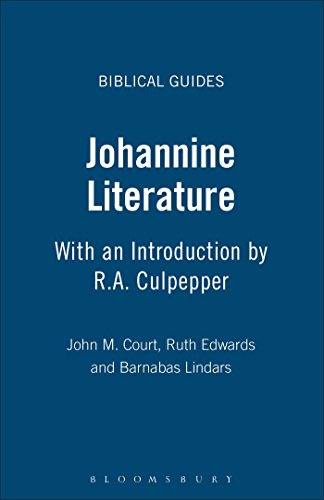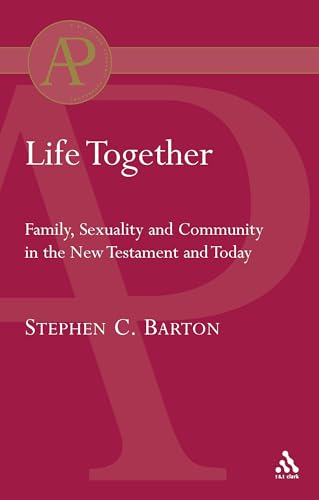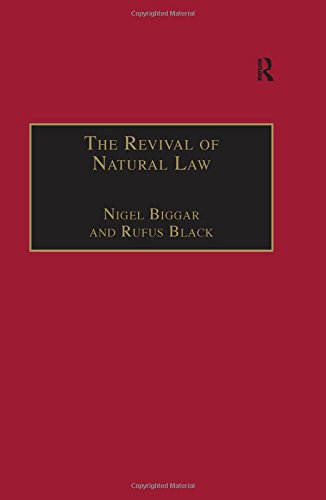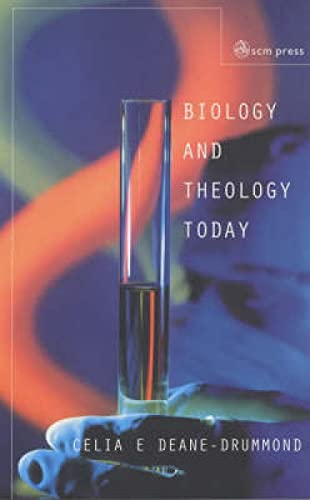The First and Second Letters to Timothy
Written by Jerome D. Quinn and William Wacker Reviewed By Ray Van NesteIn the 1993 edition of his New Testament Commentary Survey, Don Carson commented that the Pastoral Epistles ‘are not very well served by commentaries in English’, and that was manifestly correct. However, this ‘lack of service’ is apparently in the process of being remedied with the appearance of a number of English language commentaries on these epistles and the news that several others are in preparation. Recently published commentaries include Luke Johnson on 1–2 Timothy in the Anchor series and Marshall’s weighty ICC volume, while in the pipeline are volumes by Towner (New International Commentary) and Köstenberger (the revision of the Expositor’s Bible Commentary). Those researching and preaching the Pastorals have a wealth of information coming their way.
This commentary by Quinn and Wacker appeared near the head of this new stream of commentaries. Jerome Quinn dedicated himself to a study of the Pastorals and contributed the Anchor commentary on Titus. His work on 1–2 Timothy was originally to have been in the Anchor series, but at his death the work was not yet complete. William C. Wacker, one of Quinn’s students, worked up and completed Quinn’s notes, and the commentary was taken up by Eerdmans to inaugurate a new series, the Eerdmans Critical Commentary.
The commentary itself displays the strengths of Quinn’s earlier work on Titus. It is full of detailed lexicographical comment, and he pays more attention to repetitions and literary patterns than many. There is also a good deal of detailed background material, and Quinn seems especially strong on French sources.
The introduction of the commentary is lifted directly from the introduction from the Titus volume, so there is no new argumentation regarding his view of authorship (non-Pauline), purpose, etc. Wacker admits that he has not been able to keep up the bibliography as he worked on Quinn’s notes, so more recent works are not included.
The layout of the commentary is not particularly helpful. For example, the commentary bears the mark of its original intention, having the distinctive division of ‘Notes’ and ‘Comments’ found in the Anchor series. This division on the whole is unhelpful, requiring one to look in two places for information on the same verse and leading to repetition. One may hope the ECC will not continue this arrangement. Also, the transliteration of Greek words is questionable in such a detailed technical work. Surely those who will take the time to wade through such detail will be able to read Greek. Also, the use of the commentary is made more difficult by the fact that there are no Scripture references at the top of any page to indicate where you are in the letter. Since the verse numbers in the text are not in bold print either, I spent a good deal of time simply trying to locate the relevant section. This compounded the fact that it was difficult to get the flow of the text. Lastly, Wacker notes that he had to compose from Quinn’s notes the ‘Notes’ sections from 1 Timothy 4:6 onwards. It seemed to me that the ‘Notes’ section was less complete and helpful in 2 Timothy than in 1 Timothy. This may be due to Wacker handling the material differently than Quinn did or may simply be due to referring the reader to previous sections on words which occur in 1 Timothy. In general, it seemed to me that the commentary on 2 Timothy was not as good as that on 1 Timothy.
Finally, this commentary will be a useful source for those doing detailed research on the Pastorals but is not likely to be of great assistance to the busy pastor or general student. Because the commentary is so technical and dense the time required to mine out the useful points would not be worth it for most. Thus, while the commentary has its place, and the technical scholar cannot ignore it, it is not likely to be the first choice for a commentary on the Pastorals.
Ray Van Neste
Ray Van Neste is professor of biblical studies and director of the R. C. Ryan Center for Biblical Studies at Union University in Jackson, Tennessee.







